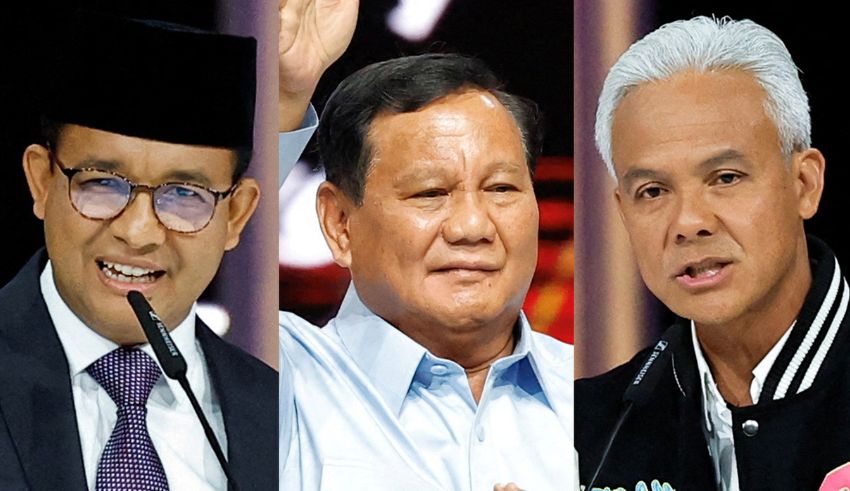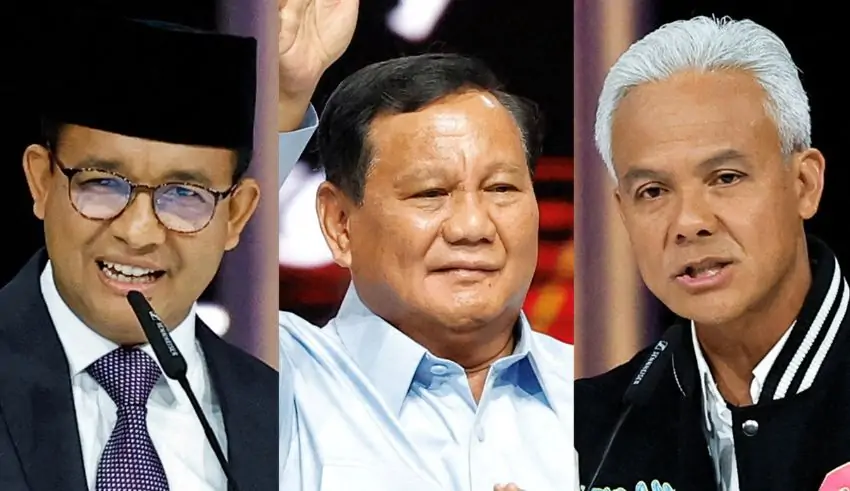Indonesia, the world’s third-largest democracy and fourth-most populous country, is preparing to hold its presidential and legislative elections on February 14, 2024. The elections are considered the largest and most complex single-day elections in the world, as more than 205 million voters will cast their ballots for over 300,000 candidates across 20,000 administrative posts The elections will also be a test of the country’s resilience and stability amid the COVID-19 pandemic, the economic crisis, and the social unrest.
The Logistics and Challenges
The logistics and challenges of organizing and conducting the elections are enormous and daunting, as they involve:
- Mobilizing and deploying over 7.5 million election workers, 2.5 million security personnel, and 500,000 volunteers, who will manage and monitor over 800,000 polling stations and 2.5 million ballot boxes across the country.
- Printing and distributing over 2 billion ballot papers, which will weigh more than 600 tons, and require more than 40 cargo planes and 10,000 trucks to transport them to the polling stations.
- Ensuring the health and safety of the voters and the election staff, by implementing strict health protocols, such as wearing masks, sanitizing hands, and maintaining physical distance, and by providing personal protective equipment, such as gloves, face shields, and thermometers, to prevent the spread of the coronavirus.
- Preventing and resolving the potential fraud and disputes, by using biometric verification, indelible ink, and tamper-proof seals, and by deploying independent observers and watchdogs, to ensure the integrity and credibility of the electoral process.
The Candidates and Issues
The candidates and issues that will shape and influence the elections are diverse and dynamic, as they reflect the political and social landscape of the country. Some of the main candidates and issues are:
- The presidential race: The incumbent president, Joko Widodo, is seeking his second and final term, and is facing a strong challenge from his former rival and current defense minister, Prabowo Subianto, who is making his third attempt to win the presidency. The two candidates have different visions and styles of leadership, with Widodo focusing on infrastructure development, economic recovery, and social welfare, and Prabowo emphasizing national security, sovereignty, and dignity.
- The legislative race: The parliamentary elections will determine the composition and balance of power of the national and regional legislatures, which will affect the policy-making and governance of the country. The main parties competing for the seats are the Indonesian Democratic Party of Struggle (PDI-P), which is Widodo’s party, the Gerindra Party, which is Prabowo’s party, and the Golkar Party, which is the oldest and largest party in the country. The parties will also form coalitions and alliances to support their presidential candidates and to secure a majority in the parliament.
- The public issues: The voters will also consider the public issues that affect their lives and well-being, such as the COVID-19 pandemic, which has infected more than 2 million people and killed more than 60,000 in the country, the economic crisis, which has contracted the economy by 5.3% and pushed more than 10 million people into poverty in 2020, and the social unrest, which has sparked protests and violence over issues such as corruption, human rights, and environmental degradation.
Keep Reading
The Expectations and Implications
The expectations and implications of the elections are high and significant, as they will determine the future and direction of the country and the region. Some of the expectations and implications are:
- The voter turnout: The voter turnout is expected to be lower than the previous elections, which reached 81% in 2019, due to the pandemic, the economic hardship, and the voter apathy. However, the government and the civil society have launched various campaigns and initiatives to encourage and motivate the voters to participate in the elections, such as providing incentives, information, and transportation, and by highlighting the importance and impact of the elections.
- The election results: The election results are expected to be close and contested, as the polls show a tight race between Widodo and Prabowo, and between their respective parties and coalitions. The results are also expected to be delayed and disputed, as the official count by the election commission will take up to 35 days, and the complaints and challenges by the candidates and parties will have to be settled by the constitutional court.
- The political and social consequences: The political and social consequences of the elections are expected to be profound and lasting, as they will shape the leadership and governance of the country and the region, and affect the relations and cooperation among the stakeholders and actors. The elections will also reflect and influence the aspirations and expectations of the people, especially the young and the marginalized, who demand more democracy, development, and justice.
The 2024 elections in Indonesia are a monumental and historic event that will showcase the strength and diversity of the world’s largest single-day election. The elections will also pose and present various challenges and opportunities for the country and the region, as they will address and affect the most pressing and promising issues and interests of the people and the planet.
February 13, 2024 3:13 pm

